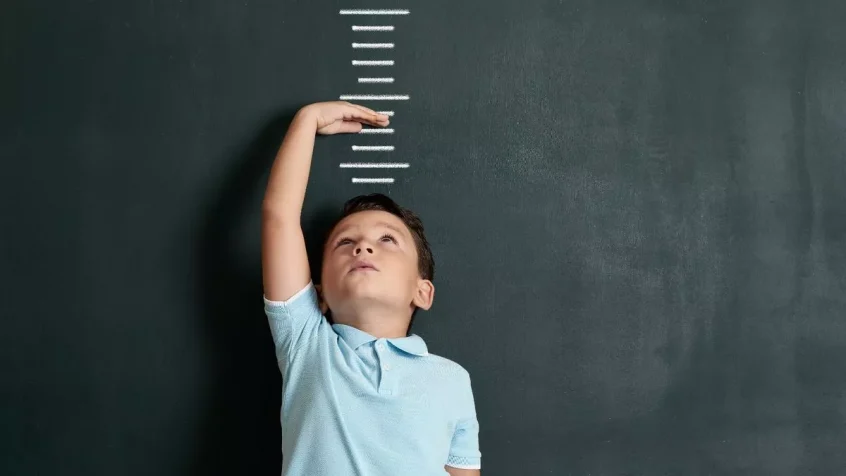Feeling loved and secure isn’t just good for mental health, it can help you grow too. That’s the conclusion from a fascinating study that delved into height records from the 1800s-1990s and analysed their link with economic conditions.
The deep exploration from Professor Barry Bogin at Loughborough University reveals a “lack of love and/or hope delays growth, disturbs development and maturation, and can even kill”.
Turns out love and hope are critical factors in promoting healthy human development and come together in complex ways to support emotional well-being.
He defines “love and hope” as “the security and positive emotional intensity of the network of social relationships that all people need”, and the, “ability to see ourselves in a better world”.
Professor Bogin found this link between our height and love and hope many times over the decades. He says people born during economic recessions, such as the Long Depression of 1873-1896, were shorter than people born during more prosperous times.
Records spanning over 300 years of infants in children’s homes and orphanages showed children often had poor physical and mental development and high death rates.
Professor Bogin believes insecurity and stress can kill as exemplified by the very high death rates in orphanages throughout European history and in New York. In the 1920s, when most infants under two in children’s homes died, basic care wasn’t enough without love or attachment to another person.
On the other hand, when people and children left hardship behind and felt more love and/or hope, he found their height increased. Explaining the findings, Professor Bogin said: “Love and hope play essential roles in helping people grow in a healthy way. They come together in intricate ways to help us feel emotionally well.”
He adds: “When we don’t have love or hope, we experience toxic emotional stress, which has harmful biological effects, including blocking hormones needed for growth and height.”
As a species we require strong social and emotional attachments, in other words: love. He believes these attachments promote nearly all biological functions, such as digestion and a healthy immune system, happiness and a positive outlook on life.
He adds: “Most of the children with growth problems live in societies with tremendous social, economic, and political inequalities. These societies are often violent. Fear generated by the inequalities and violence creates an emotional burden that slows growth in height and, at the same time, promotes growth in weight.
“We need new interventions to tackle the fear of the inequalities and violence and I hope my research can promote changes in social economic and political policies for a fairer and more peaceful world.”

